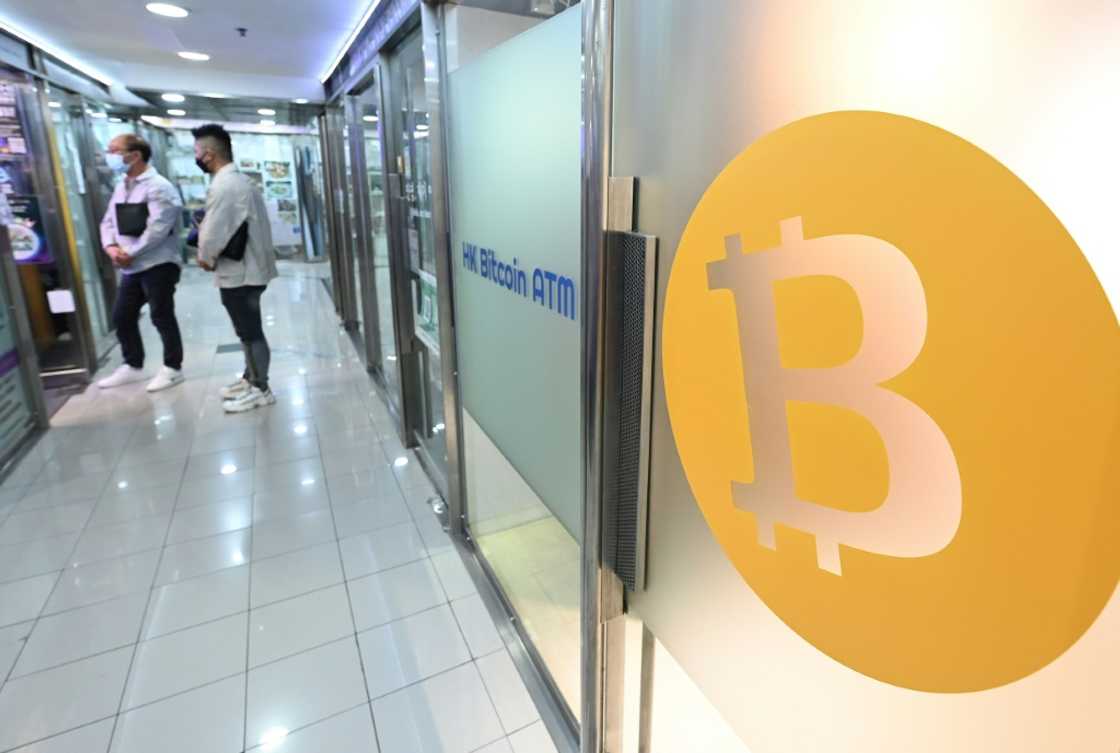EU backs tougher tax rules on crypto transactions

Source: AFP
PAY ATTENTION: Enjoy reading our stories? Join YEN.com.gh's Telegram channel for more!
EU ministers agreed stronger rules Tuesday to crack down on the use of cryptocurrencies in tax fraud, as Brussels bolsters its efforts to regulate the volatile sector.
Regulators worldwide are increasingly worried about the lack of oversight of the digital currency sector but the European Union has already taken steps to protect investors.
The 27-member bloc's parliament last month approved the world's first comprehensive rules covering crypto assets, which include cryptocurrencies such as bitcoin and ethereum and tradable tokens whose value is secured using blockchain technology, such as NFTs.
During a meeting of EU economy and finance ministers on Tuesday, they agreed on rules to go after individuals who stash their cash where tax authorities have no oversight.
The rules will close loopholes that allow people to avoid taxation on their income using crypto assets, Swedish Finance Minister Elisabeth Svantesson said.
"This reduces the risk of crypto assets being used as a safe haven for tax avoidance and tax fraud," she added in a statement.
PAY ATTENTION: Click “See First” under the “Following” tab to see YEN.com.gh News on your News Feed!
The European Commission, the EU's executive arm charged with implementing EU laws and regulations, welcomed the ministers' approval, adding that it would also help curb tax evasion.
Tax authorities in the EU currently lack the information they need to monitor proceeds from crypto assets, which are easily traded across borders, it said.
As a result, member states are deprived of important tax revenues, the commission added.
The rules will force all crypto asset providers (CASPs) based in the EU, regardless of their size, to report the transactions of clients who reside in the bloc.
There will also be an automatic exchange of tax rulings within the EU relating to the wealthiest individuals to target attempts to hide money from the taxman.
The directive will come into force on January 1, 2026 after the European Parliament adopts its position.
The ministers also backed the Markets in Crypto Assets (MiCA) regulation that will ensure crypto asset service providers protect customers' digital wallets, and a second on fund transfers that will lead to greater oversight of crypto assets trades.
The EU says this will make it harder for criminals to use cryptocurrencies for illegal activity such as money laundering. The rules will progressively come into force from July 2024.
New feature: Сheck out news that is picked for YOU ➡️ click on “Recommended for you” and enjoy!
Source: AFP



